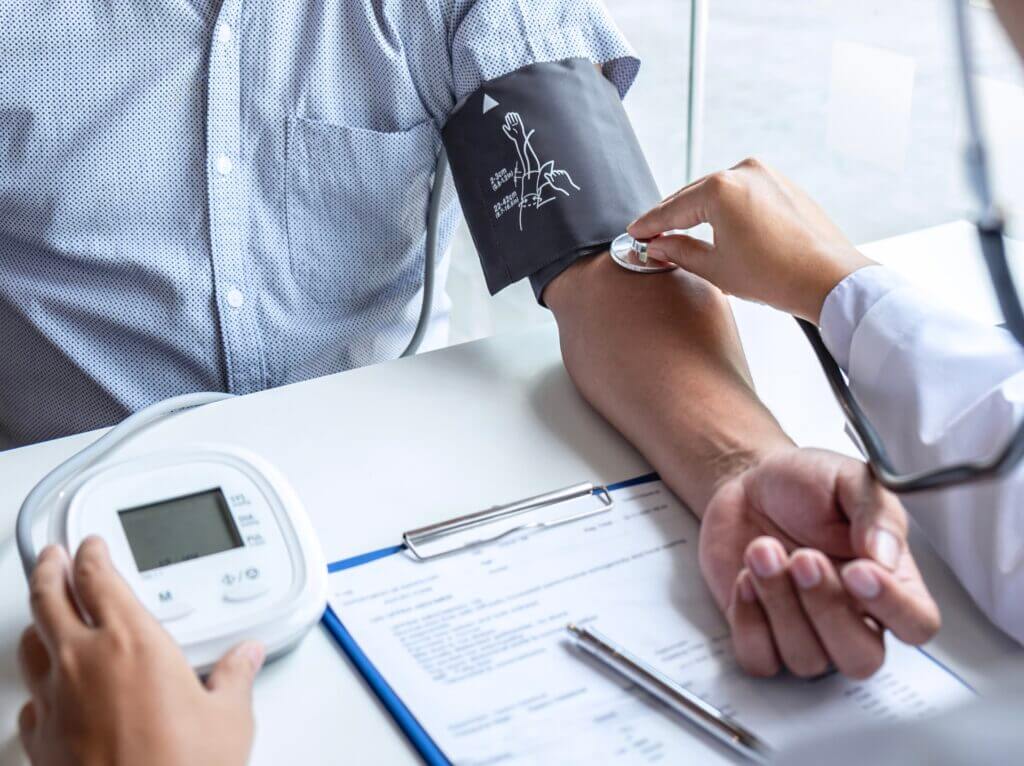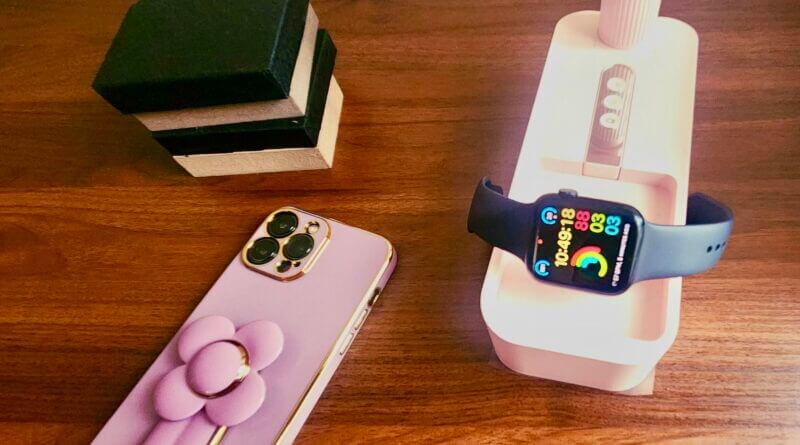McNary: Embrace Innovation, But Cherish Your Healthcare Providers
The Importance of Healthcare Checkups in the Age of Technology
By Loretta McNary
Hopefully, we can all agree that technology surrounds us at every turn, enhancing our lives in countless ways. From smartphones that connect us instantly to smartwatches that monitor our health, and search engines that deliver information at our fingertips, innovation has become our steadfast companion.
Yet, amid this whirlwind of advancement, there remains one cornerstone of well-being that technology can never replace: the invaluable relationship between patients and healthcare providers. As we marvel at the wonders of modern technology, it’s easy to overlook the fundamental importance of routine healthcare checkups.

While smartphones may track our steps and smartwatches monitor our heart rate, they can’t replace the expertise and personalized care provided by a healthcare professional. Annual physicals and regular appointments are not mere formalities; they are essential pillars of proactive health management.
Consider this: while a quick Google search may offer an abundance of information on managing conditions like high blood pressure, high cholesterol, pre-diabetes, or diabetes, it cannot tailor advice to your unique medical history, lifestyle, and genetic predispositions.
While Google can be a valuable tool for accessing information, relying solely on it for medical diagnosis and care can be risky. Medical conditions are complex and multifaceted, often requiring thorough evaluation by trained professionals. Google searches may yield a vast array of information, but it lacks the ability to provide personalized assessments based on individual health histories, symptoms, and other relevant factors. Moreover, online information can be inaccurate, outdated, or misleading, leading to unnecessary worry or inappropriate self-treatment. Consulting a qualified healthcare provider ensures that you receive accurate diagnoses, personalized treatment plans, and ongoing support tailored to your unique needs, ultimately promoting better health outcomes and peace of mind.

While seeking support and advice from friends and family is natural, it’s essential to recognize the limitations of relying exclusively on their input, especially when it comes to health matters. Despite sharing similar symptoms or diagnoses, every individual’s medical situation can vary significantly due to factors such as underlying health conditions, genetic predispositions, and lifestyle differences. Non-medical professionals lack the extensive training and expertise required to accurately interpret medical information and provide sound medical advice. Acting solely on the advice of friends and family, even if well-intentioned, can lead to misguided decisions, delays in seeking appropriate care, or even potential harm. It’s crucial to prioritize consulting qualified healthcare professionals who can offer personalized assessments and evidence-based treatment plans tailored to your specific needs, ensuring the best possible outcomes for your health and well-being.
Your healthcare provider, on the other hand, possesses the expertise to interpret your specific health data, offer personalized guidance, and detect potential health concerns before they escalate.
Furthermore, healthcare appointments offer more than just medical assessments; they provide a holistic approach to well-being. Beyond diagnosing ailments, healthcare professionals offer invaluable support, encouragement, and resources to help patients lead healthier lives.
Whether it’s discussing dietary changes, recommending exercise routines, or addressing mental health concerns, these interactions foster a sense of trust and partnership that technology alone cannot replicate. In a world where technological innovation reigns supreme, it’s essential to recognize that our most precious asset is our health.

It’s extremely important to listen to your body’s signals and not dismiss any symptoms, no matter how minor they may seem. Our bodies have a remarkable way of communicating when something isn’t quite right, and ignoring these cues can sometimes lead to serious outcomes. Even seemingly insignificant symptoms could be early indicators of underlying health issues that require attention. By tuning into your body and promptly reporting any changes or discomfort to your healthcare provider, you empower yourself to take proactive steps towards maintaining your health and preventing potential complications down the road. Remember, your healthcare provider is there to support you, so don’t hesitate to reach out for guidance and assistance. Whether it’s a quick phone call or a visit to their office, prioritizing your health today can make a world of difference in your future well-being.
While smartphones can streamline communication and smartwatches may monitor our vital signs, they pale in comparison to the human touch and expertise of healthcare providers.
So, as we celebrate the marvels of technology, let’s not forget to prioritize our health by scheduling those annual checkups and maintaining regular appointments, especially when facing health concerns like high blood pressure, high cholesterol, pre-diabetes, or diabetes. Innovation has undoubtedly transformed the landscape of healthcare, offering unprecedented access to information and tools for self-care.
However, let’s remember that technology should complement, not hinder, the essential role of healthcare providers in safeguarding our health. So, let’s embrace innovation, but let’s also treasure our health by nurturing the precious relationship between patients and healthcare professionals. After all, in the journey toward a healthier future, some things are irreplaceable.
Loretta McNary is our Lifestyles contributor. Catch “The Loretta McNary Show” on her channels, including broadcast TV, YouTube, Facebook, her website, and elsewhere.






